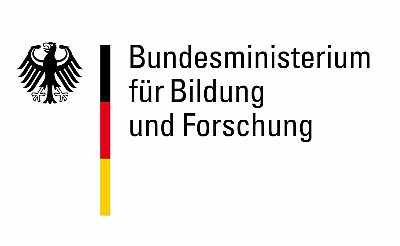Project "Modeling Socio-epistemic Networks to Understand Historical Genesis" Nominated for BMBF Funding
- Jun 25, 2020
- Institute News
- Dept. I
- Dirk Wintergrün
The project "Modeling Socio-epistemic Networks to Understand Historical Genesis," led by Dirk Wintergrün in Department I (Structural Changes in Systems of Knowledge), has been put forward for funding by an expert panel at the Federal Ministry of Education and Research (Bundesministerium für Bildung und Forschung, BMBF).
 Beginning in early 2021, the project will model the dynamics of knowledge system formation based on socio-epistemic networks. "An increase in networking in today's society, made possible by rapid online communication, facilitates dynamic knowledge creation," says project leader Dirk Wintergrün. "To understand such new types of knowledge systems we need to outline historically and mathematically correct developments, not only semantically but also through modeling dynamic interactions of people, materials, and ideas."
Beginning in early 2021, the project will model the dynamics of knowledge system formation based on socio-epistemic networks. "An increase in networking in today's society, made possible by rapid online communication, facilitates dynamic knowledge creation," says project leader Dirk Wintergrün. "To understand such new types of knowledge systems we need to outline historically and mathematically correct developments, not only semantically but also through modeling dynamic interactions of people, materials, and ideas."
Supported by postdoctoral researchers, the project will utilize both technical and theoretical skill. At a theoretical level, the team will develop and expand a socio-epistemic network approach for the description of dynamic knowledge systems. This will produce a tool enabling the formal description of knowledge systems, to compare different network studies in historical research across disciplines. The result will enable quantitative studies on databases, and the ability to better describe and understand the dynamics of historical knowledge systems.
The project's research builds upon existing work in the computational humanities by MPIWG researchers Dirk Wintergrün, Jürgen Renn, Matteo Valleriani, Roberto Lalli, and Manfred Laubichler, as well as groundbreaking studies on modelling epistemic action spaces by Max Planck Fellow Gerd Graßhoff.
